Do you ever wonder if there’s cash just sitting somewhere out there, uncollected, with your name on it?
Sounds a little farfetched, right? We all assume that if we had money out there, we’d know about it!
Well, the National Association of Unclaimed Property Administrators estimates there is currently $42 billion in unclaimed funds out there. $42 BILLION!!
It’s true, most of us won’t find a huge windfall in unclaimed property and funds, but it’s worth exploring because there just may be money out there with your name on it! Many people move, change jobs, change banks or service providers and leave deposits or unclaimed money behind. Hidden money can also come from funds belonging to a loved one who’s passed on or from consumer class action lawsuits.
If searching for hidden funds sounds a little overwhelming, don’t worry! There are plenty of easy-to-navigate spots to visit and find out if there’s money that’s rightfully yours.
Hidden cash is like a gift we didn’t even realize we had coming (so it’s probably best not to blow it all going out to dinner or buying more stuff)…but what DO we do with it? If you do find hidden funds, we’ll also review what to do to grow your money.
6 Places to Look for Hidden Funds
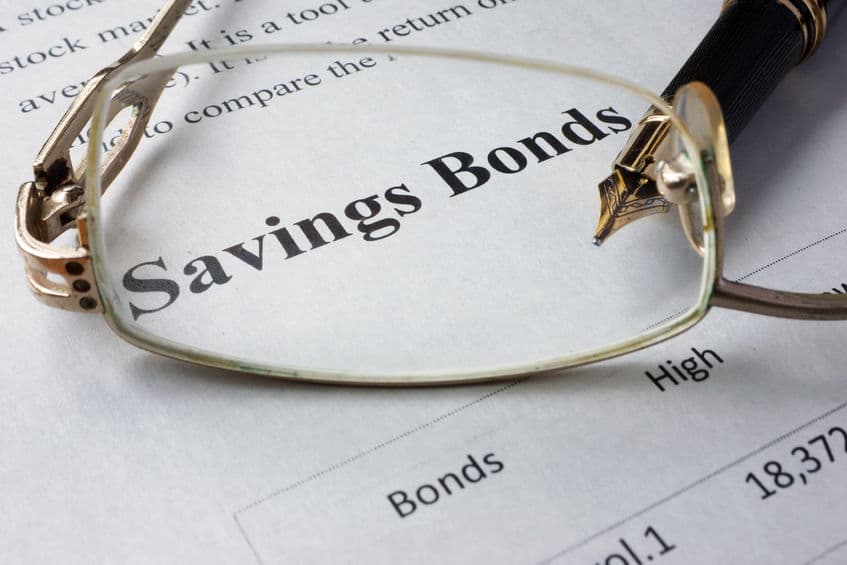
1. Savings Bonds
U.S. savings bonds are often given as gifts. They’re considered a very safe investment because they’re backed by the U.S. Government. Savings bonds are also a good investment because you’re not taxed on your earnings until they’re redeemed and even then they offer a return based on inflation. Bonds were particularly popular as gifts years ago, especially during the post-WWII era (although they’re still great gifts today).
According to the Bureau of Unclaimed Debt, there’s an estimated $14 billion in unclaimed savings bonds. Why? Because people need to hold on to them for years to redeem them, but life happens and bonds get misplaced or destroyed.
Well, never fear! If you think you own an outstanding savings bond, the U.S. Department of Treasury’s Bureau of the Fiscal Service has a website to claim the funds. Visit TreasuryDirect to access the forms you need to claim bonds (or check to see if bonds are outstanding). They also guide you through accessing bonds if you are handling a loved one’s estate.
2. Accounts
Typically, banks and credit unions will contact you if your account is closed or if there’s a balance outstanding. However, banks change hands and even occasionally fail. When these mergers and changes happen, old accounts, safety deposit boxes and other savings items fall through the cracks.
If you or a loved one had a bank account with an institution that failed, it was likely covered by the FDIC. Visit the FDIC’s website to start the fund claiming process. You’ll need the name of the institution, your social security number and an idea of the account information. To file claims, you may also need to get a notarized form sent into the FDIC.
After a few years without a claim the money is lost, so it’s worth checking right away to see what you find. If your money was in a credit union that failed, you should also check the National Credit Union Administration.
Veterans and family members of vets should check the U.S. Department of Veteran’s Affairs for unclaimed insurance funds.
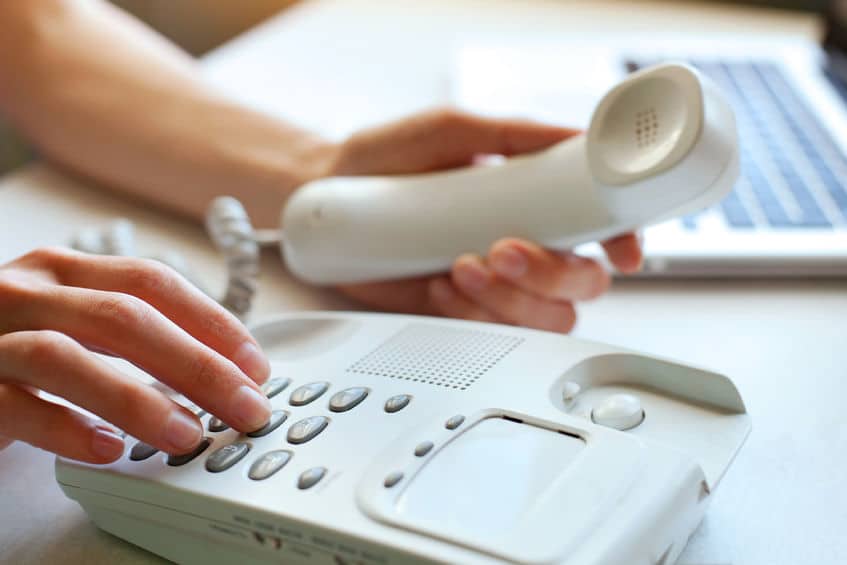
3. Deposits and Refunds
Now here’s the fun part. Perhaps you had an account with a cell phone company, an unclaimed deposit on an apartment, or a refund forgotten or never claimed. There are two sites to guide you through unclaimed property (for FREE). The first site is MissingMoney.com. Search by first and last name and state.
Search all states you’ve resided in, and if you’re married, search for your maiden name as well. You may also want to search only your last name or use only your first initial to help you find all funds out there. This site will tell you the property type and list the last known address of the owner. From there the site will lead you through the process to claim.
The National Association of Unclaimed Property Administration also has a site that directs you to your state’s own unclaimed property site. It’s a good idea to check both sites and any state you’ve resided in. Some states will give you an indication of the dollar amount outstanding and will walk you through collecting the money. Typical claims require a proof of identity and documentation linking you to the funds.
If you’re in charge of a loved one’s estate, also run a check on their name for any unclaimed property. This is literally FREE money, so don’t hesitate to check it out!
One other spot to check is the IRS for any refunds that weren’t received. During moves and other life changes, federal tax refunds get forgotten or misdirected. Search by simply entering your social security number and the exact amount of the missing refund.
4. Class Action Lawsuits
Class action lawsuits are brought against companies who sell faulty products, promote medications with unforeseen side effects, and sell recalled items. Some of the more famous class action lawsuits are with pharmaceutical companies and auto manufacturers, but there are certainly many other types of class action suits out there.
If you were an unwitting victim of a consumer product that was part of a suit, search the site Top Class Actions for past and present lawsuits. This is highly interesting reading, even if you aren’t a consumer of any of the listed products.
If you’ve experienced a side effect, had an adverse reaction, or had a dangerous product breakdown, a class action suit helps you get restitution. Definitely give the site a visit–what you find might surprise you!

5. Forgotten Retirement Accounts
Job rotation is the norm these days, with most of us having 8-10 jobs by the time we’re ready for retirement. With changes in employment, it’s easy to forget about unclaimed retirement accounts and pensions you contributed to.
Although pension-style retirement accounts are no longer as popular, the Pension Benefit Guaranty Corporation has many unclaimed pensions and plans listed. When employers close their doors, this money sits unclaimed for years. This is another spot where you should search maiden names as well as your current last name.
The U.S. Department of Labor also offers assistance finding unclaimed funds under the Employee Benefits Security Administration. Search by retirement plan type and social security notices. If you had an unclaimed 401(k) or 403(b), this is a good way to locate funds.
6. Gift Cards and Certificates
Always check your accounts for hidden balances and unclaimed gift certificates. I’ve found gift cards in drawers, Groupons I’ve forgotten about, and other purchases and bonuses I’ve overlooked. Talk about a great find!
It never hurts to check out our old purses and wallets or sift through birthday cards and the paperwork pile on your desk for forgotten certificates and rewards. Run an email inbox search on terms like “gift card” and “refund” to see if there are balances hiding out. Some insurance companies offer gift card rewards for completing health goals. Other services like Swagbucks also pay in gift cards, so check your accounts to see what’s hiding.
Of course, while you’re at it, do a search for any other hidden cash and loose change—check out your coat pockets, junk drawers and any other spots where coins tend to accumulate. Take your change straight to the bank or credit union to get counted for free. Dump your coins in a Coinstar machine to trade for in-store credit (less fee) or to cash out (higher fee).
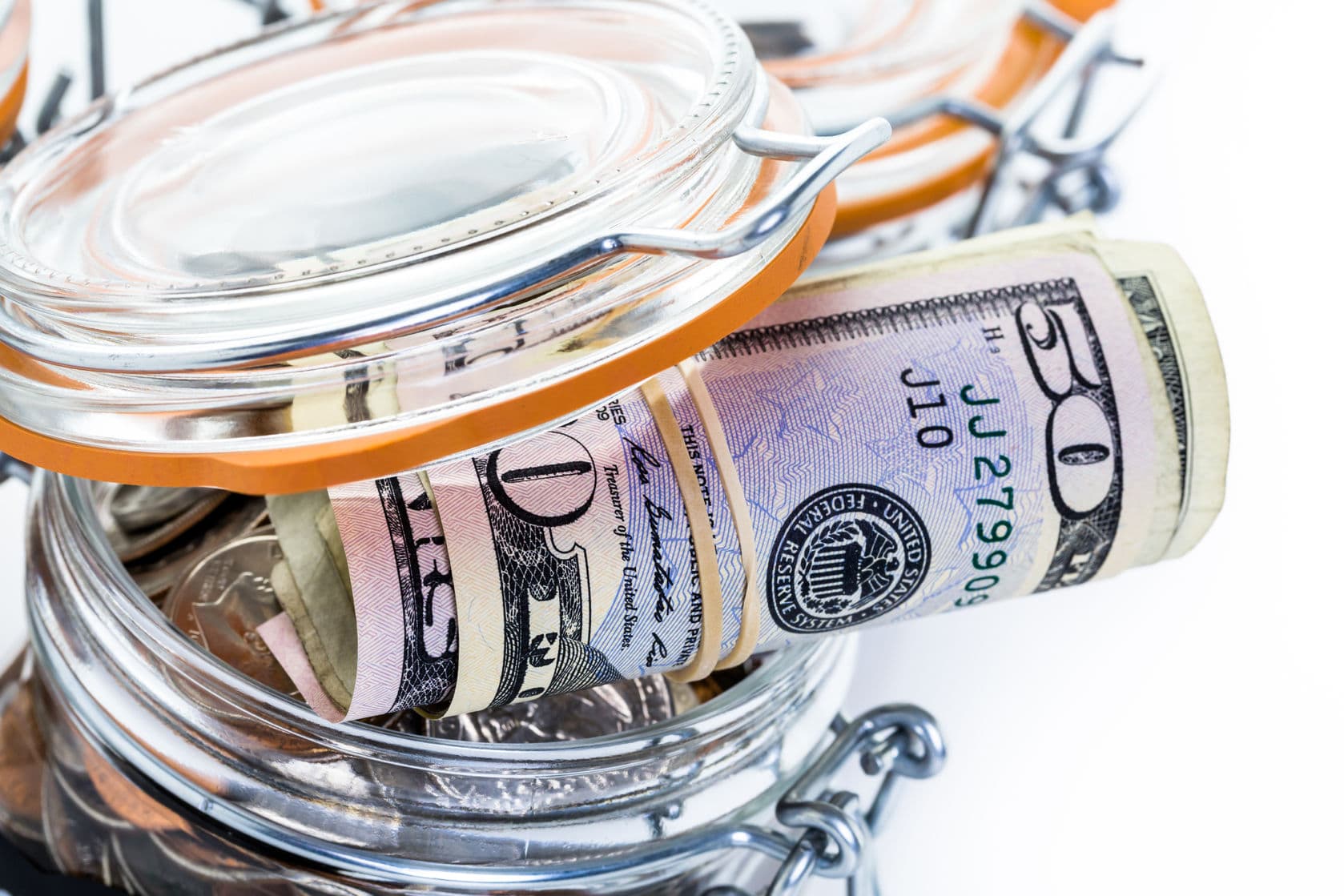
What To Do with Your Hidden Cash
So what do you do if you actually find hidden cash in your search?
Well, as tempting as it is to run out and spend the cash on fun, it’s more satisfying and a better investment to roll hidden cash over to help pad your emergency fund! If you’ve already established an emergency fund, take the practical route and use the extra money toward paying down your debt.
I know this isn’t the most exciting answer, but free money is like a bonus! It’s a windfall you didn’t plan on. Why not use the bonus to get ahead on your financial goals and keep your budget and financial plan on track?
Most of us crave financial balance. We want financial peace, but money is a huge source of worry and overwhelm. Instead of stressing about finances and then blowing a windfall, use the money to help get the balance you crave. Give your budget a little boost and reap the rewards of your hidden cash!

TAKE BACK CONTROL OF YOUR HOME LIFE
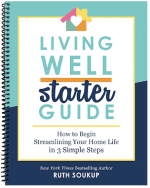 Ever feel like you just can't keep up? Our Living Well Starter Guide will show you how to start streamlining your life in just 3 simple steps. It's a game changer--get it free for a limited time!
Ever feel like you just can't keep up? Our Living Well Starter Guide will show you how to start streamlining your life in just 3 simple steps. It's a game changer--get it free for a limited time!
If you love this resource, be sure to check out our digital library of helpful tools and resources for cleaning faster, taking control of your budget, organizing your schedule, and getting food on the table easier than ever before.









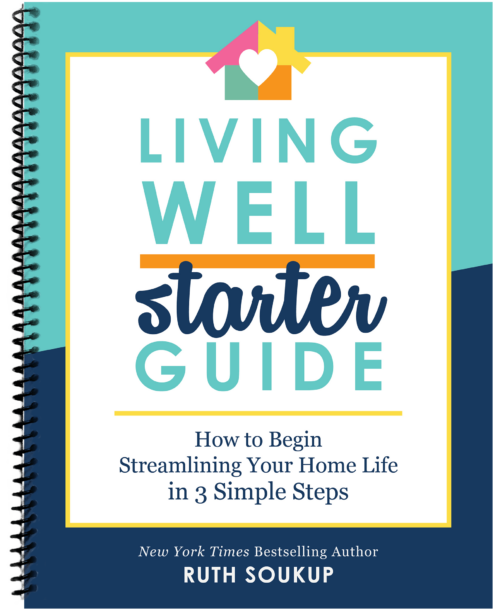
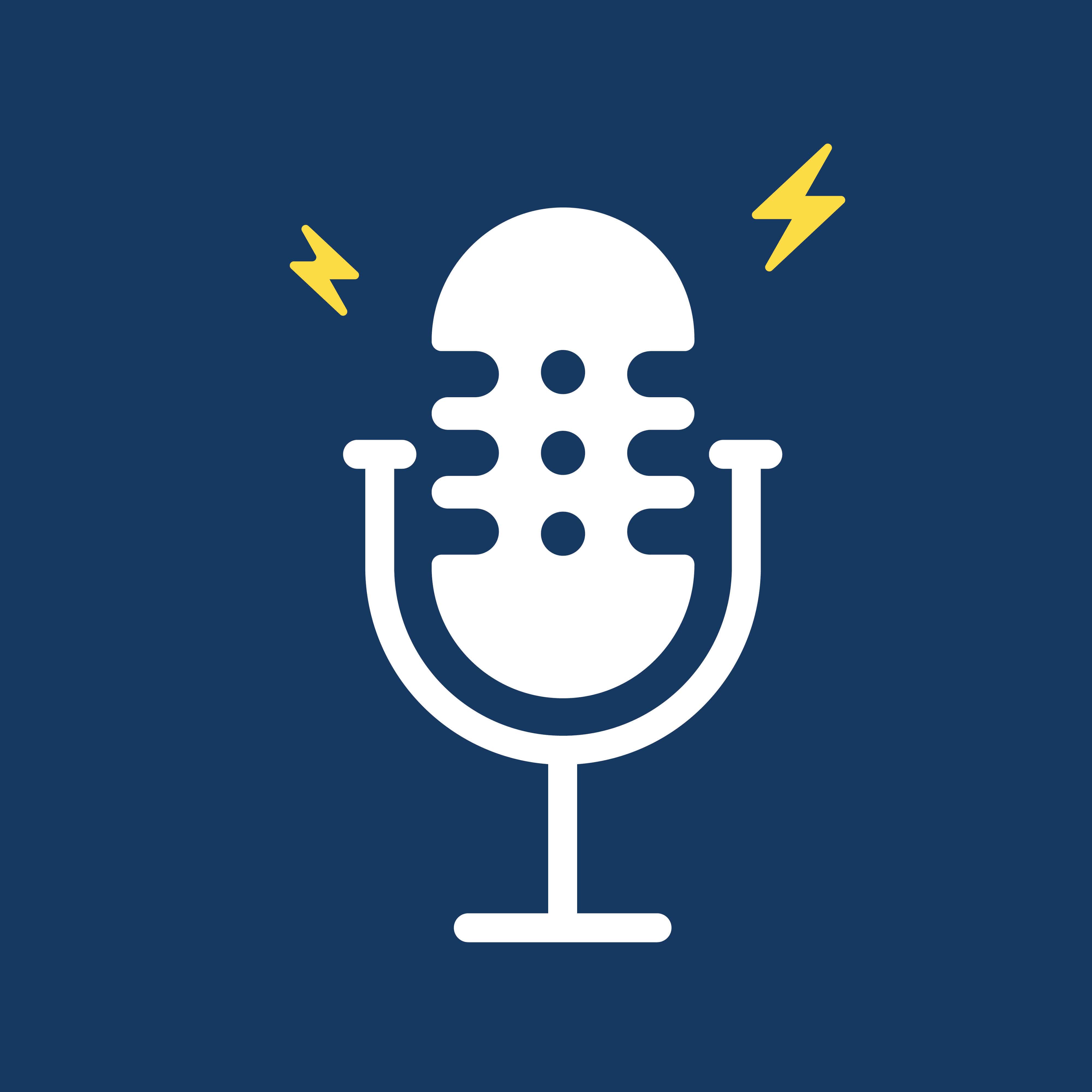
I wish I had some money laying around in these areas, but sadly, we do not!
Paige
http://thehappyflammily.com
Groupons and gift cards are a great call out! My husband tends to buy me a Groupon for a massage or facial for every occasion that calls for a gift. I like to save them until I’m feeling super desperate for a massage, or when my skin is a mess. But waiting means that I can forget I have them! He always emails them, so I like to search my inbox every once in a while, and often find a forgotten gift! Woot!
First time I heard about NAUPA, about 20 years ago, I did a search on a lark. Surprise, surprise–my name was there with an unclaimed CD and over $1,000! I have checked off and on over the years, and while I have never found more for me, I have stumbled upon some for friends and family members. Definitely worth the few minutes it takes to look!
Wow I’d never heard of several of these, definitely going to check them out. I know I have several savings bonds from the ’80s I haven’t looked at in years.
I knew about some of these, but I do think it would make me happy to find just a bit of unexpected money I didn’t know I had! That $14 billion was a surprising number. I can’t imagine that much money just hanging around, possibly to never be claimed. What that could be used for, that’s the crazy part. It could do so much!